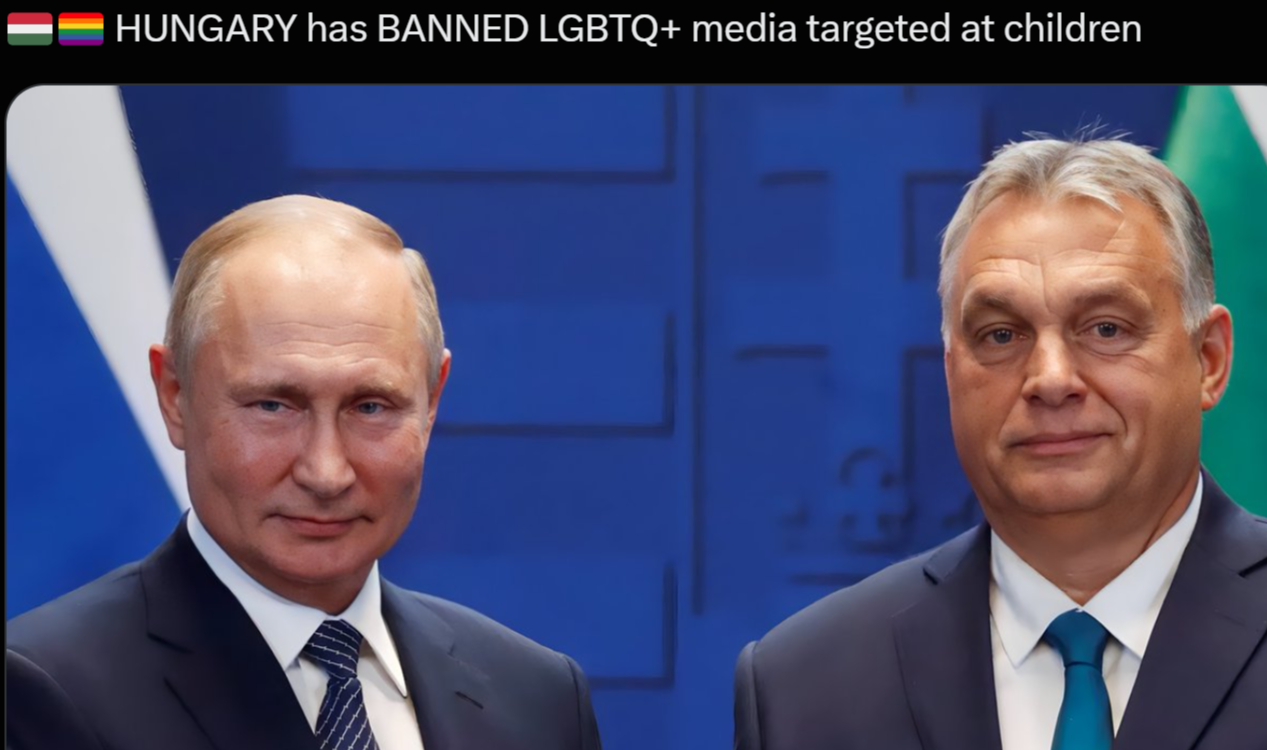UK Prime Minister Starmer urges Labour MPs to block a national inquiry into the r*pe gangs in the United Kingdom
In recent weeks, a controversial issue has surfaced in the UK political landscape, sparking debates about justice, accountability, and national security. UK Prime Minister Keir Starmer has called upon Labour MPs to block a national inquiry into the issue of grooming gangs and sexual abuse networks, leading to intense discussions on the government’s role in investigating these crimes.
This development has caught the attention of the public, as the issue of so-called “rape gangs” has been a longstanding concern in the UK. Allegations of systemic abuse and exploitation of young girls have surfaced in various parts of the country, prompting calls for a national inquiry to fully investigate the scope of the problem. However, Starmer’s stance has raised questions about the Labour Party’s position on this issue and its commitment to addressing child abuse in the UK.
What Are Grooming Gangs, and Why Are They a Concern?
The term “grooming gangs” refers to organized groups that target vulnerable children and teenagers, often for the purpose of sexual exploitation. These gangs typically operate within specific communities, often using tactics such as manipulation, coercion, and threats to gain control over their victims. The victims, predominantly girls, are then subjected to sexual abuse and trafficking, sometimes over extended periods.
The issue first gained widespread media attention after high-profile cases in cities like Rotherham, Rochdale, and Oxford, where large numbers of young girls were abused by men from various ethnic backgrounds, including predominantly Pakistani-heritage communities. These cases often involved years of exploitation, and many of the victims reported that local authorities failed to intervene or take appropriate action for fear of being labeled “racist” or “Islamophobic.”
The revelations surrounding grooming gangs have prompted outrage among the public, with many calling for a thorough national inquiry to examine how these gangs operated, the role of authorities in failing to act, and the scale of the abuse across the UK.
Keir Starmer’s Stance: Blocking the National Inquiry
Keir Starmer, the leader of the UK Labour Party, has faced significant pressure over the issue of grooming gangs, particularly following growing demands for a national inquiry into the matter. However, rather than supporting such an inquiry, Starmer has urged Labour MPs to block any parliamentary motion or legislation that would pave the way for a nationwide investigation.
This decision has sparked a wave of criticism from both political opponents and activists, who argue that a national inquiry is essential to uncover the full extent of the problem and ensure that justice is served for the victims. Critics of Starmer’s position claim that his decision to block the inquiry undermines the victims’ voices and perpetuates a culture of silence around the issue of child sexual abuse.
Some have even accused Starmer of prioritizing political considerations over the rights of vulnerable children, questioning whether Labour is trying to avoid confronting uncomfortable truths about certain communities or the failures of local authorities in dealing with the issue.
The Political Implications of Starmer’s Decision
Starmer’s decision to block the inquiry is not just a matter of domestic policy; it has significant political ramifications. On one hand, the Labour Party is trying to navigate a fine line between addressing the concerns of the public and protecting its image as a party of inclusion and multiculturalism. On the other hand, by preventing a national inquiry into grooming gangs, Starmer risks alienating voters who are deeply concerned about the issue and who view it as a matter of justice and safety.
Public opinion has been divided on the issue, with some arguing that the inquiry would be too divisive and that it risks stigmatizing entire communities. Others, however, maintain that failing to conduct a thorough investigation will only prolong the suffering of victims and enable a culture of impunity to persist.
The issue also complicates the Labour Party’s broader stance on justice and law enforcement. For many years, Labour has been seen as the champion of social justice and minority rights. However, by blocking the inquiry, Starmer may be perceived as not taking the necessary steps to protect the most vulnerable members of society, especially young girls who have been subjected to unimaginable abuse.
The Call for Justice and Accountability
Despite Starmer’s position, the calls for a national inquiry continue to grow louder. Advocates for the victims of grooming gangs insist that the only way to truly understand the scale of the abuse is through an independent, comprehensive national investigation. A national inquiry, they argue, would allow for a transparent examination of how grooming gangs operated, the role of authorities in failing to act, and the reasons why such abuse was allowed to persist for so long.
Moreover, supporters of the inquiry contend that it is crucial for holding those responsible to account, whether it be the perpetrators of the abuse, the local authorities who failed to intervene, or any systemic failures that may have contributed to the issue. Without a full investigation, they argue, the victims will never receive the justice they deserve.
The Broader Debate on Political Correctness and Accountability
The debate surrounding grooming gangs and the call for a national inquiry also touches on broader issues related to political correctness and accountability. Critics of the political establishment have long argued that fears of being labeled racist or Islamophobic have prevented authorities from properly addressing the issue of grooming gangs. They claim that these fears have led to a culture of silence and inaction, where local officials and law enforcement turn a blind eye to the problem in order to avoid controversy.
On the other hand, advocates for multiculturalism and social cohesion argue that the focus should be on addressing the specific individuals and criminal gangs involved in the abuse, rather than generalizing about entire communities. They emphasize the importance of ensuring that the issue is handled sensitively and that it does not lead to the demonization of specific groups based on the actions of a few.
Ultimately, the issue boils down to one of justice and the protection of vulnerable children. Regardless of political ideologies or concerns about racial or cultural sensitivities, the question remains: how can the UK ensure that the perpetrators of grooming and sexual abuse are held accountable, and how can the country prevent such atrocities from happening in the future?
Conclusion: What’s Next for the National Inquiry?
The controversy surrounding Keir Starmer’s stance on blocking a national inquiry into grooming gangs is far from over. As the debate continues to unfold, it raises important questions about the role of politics in justice, the need for transparency in addressing child sexual abuse, and the importance of accountability for those in power.
For the victims of grooming gangs, the call for a national inquiry remains a critical step toward finding justice and ensuring that similar abuses never occur again. Whether or not Starmer and the Labour Party will reconsider their position remains to be seen, but one thing is certain: the conversation surrounding grooming gangs, public safety, and political responsibility is far from finished.

















Post Comment